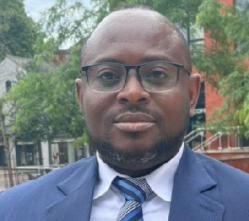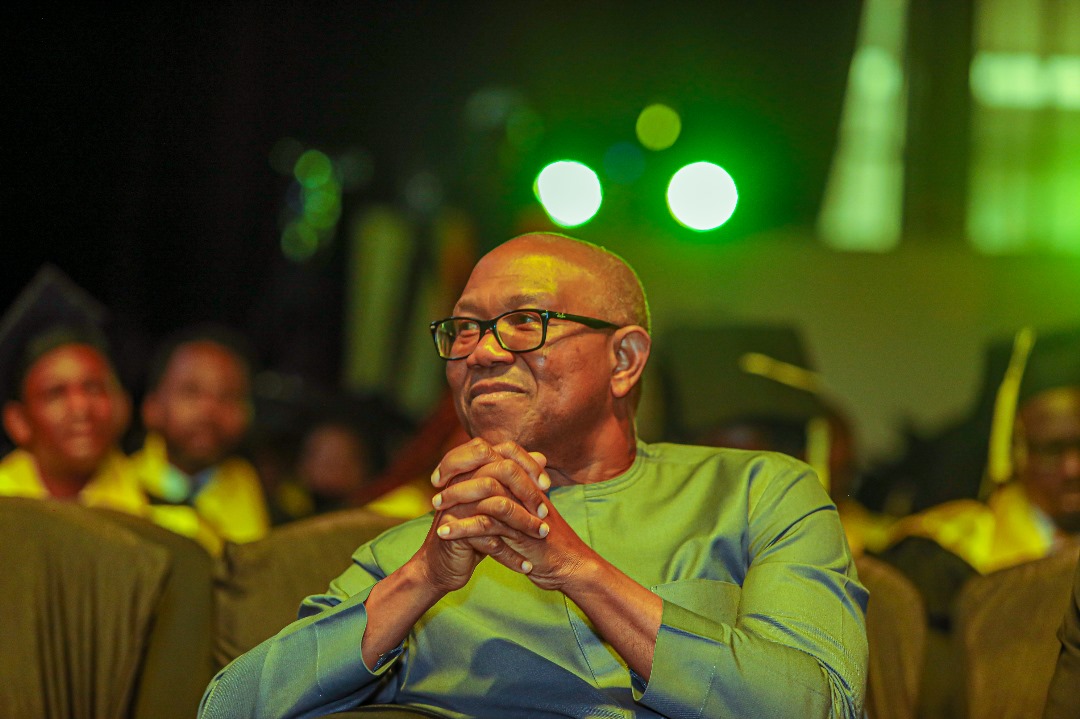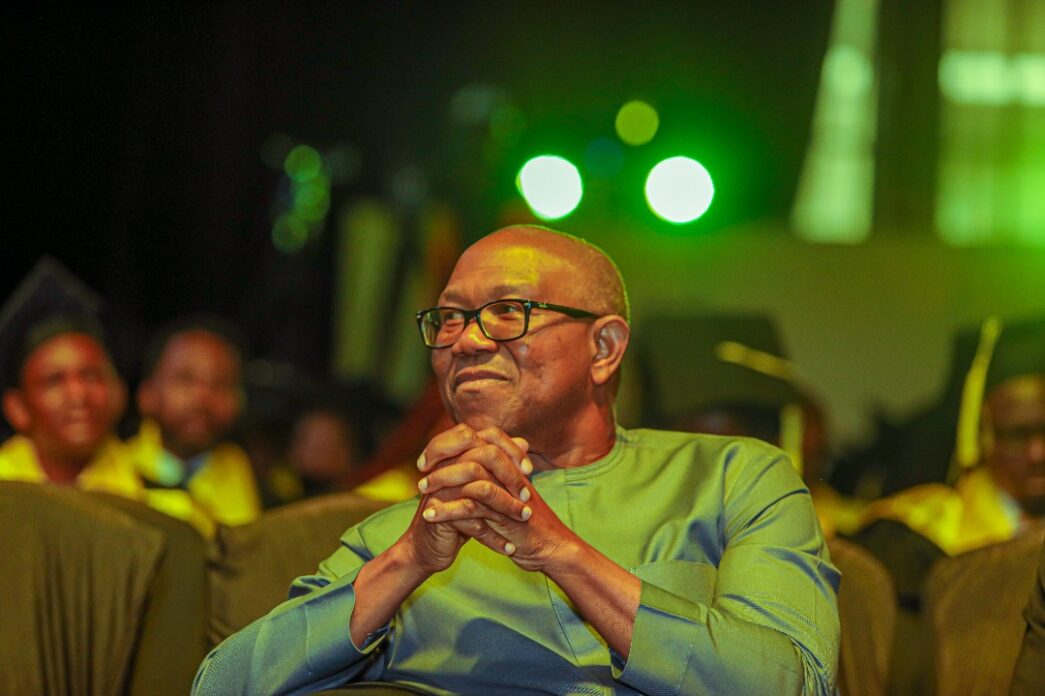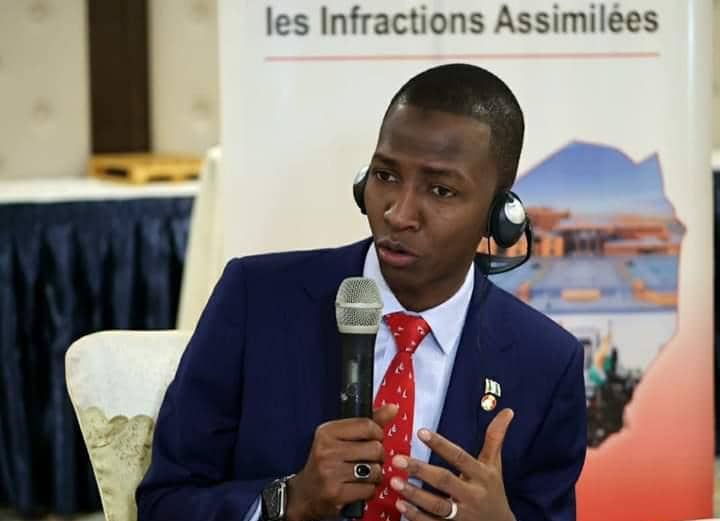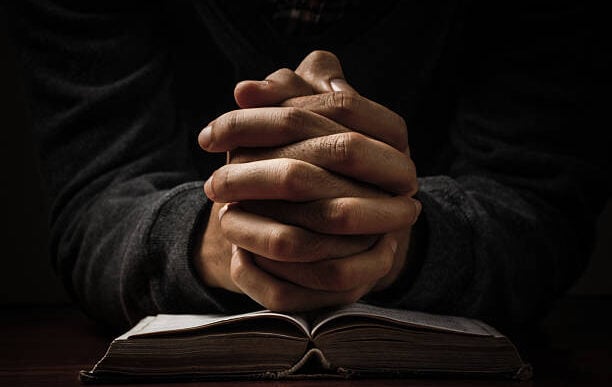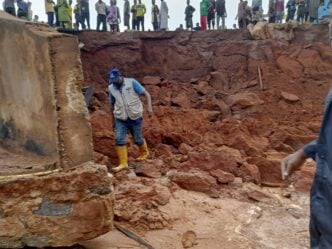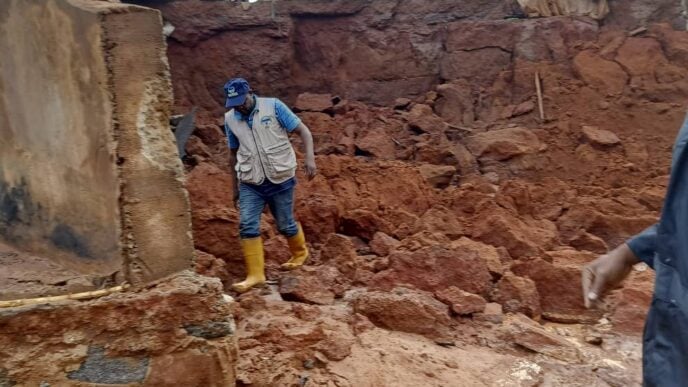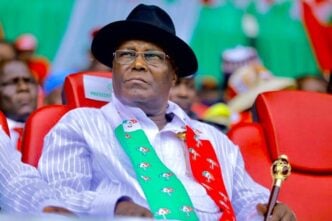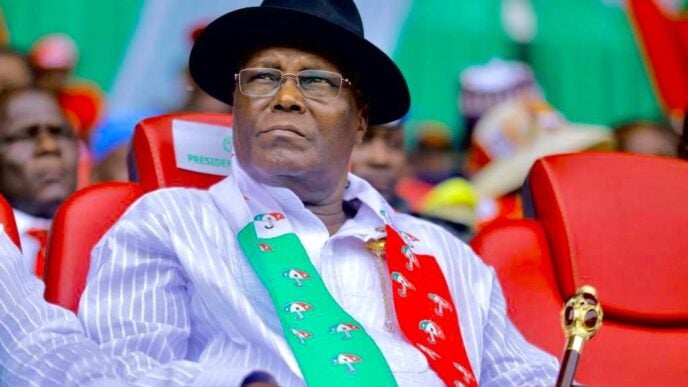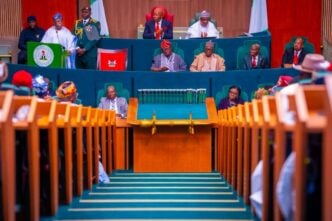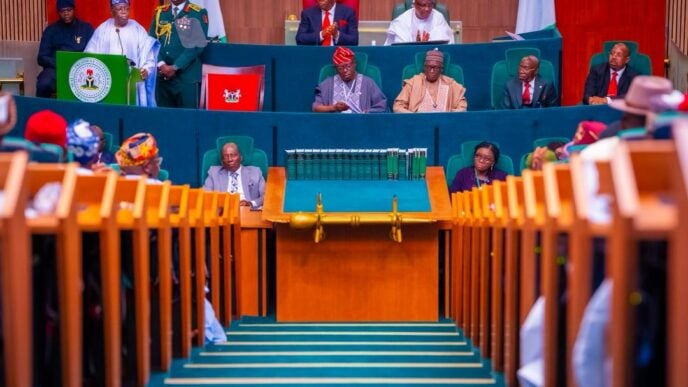Peter Obi
There is no doubt that Peter Gregory Obi is the ‘star boy’ of politics in present-day Nigeria. The appellation was formerly given to the immediate past Vice President, Prof. Yemi Osinbajo (SAN). However, with the end of the Muhammadu Buhari presidency, Osinbajo seems to have faded into political oblivion, especially following his defeat in the presidential primary of the ruling All Progressives Congress (APC).
For daring to contest against his former principal, President Bola Tinubu, many leaders of the party have kept Osinbajo at arm’s length. Since leaving office, he has not actively identified with the APC and was even absent at the caucus meeting of the party earlier this year. According to his media aide, “he was out of Nigeria for some engagements to which he had long been committed.” It is unknown if the opposition coalition movement is in talks with him.
As for Obi, he has remained the beautiful bride of Nigerian politics since May 2022, when he dumped the major opposition party, the Peoples Democratic Party (PDP), for the Labour Party (LP). Many who dismissed him at the time, claiming he had no political structure, were stunned by the outcome of the 2023 presidential election. He defeated the strongman of Lagos politics—President Bola Tinubu—in his home base of Lagos State. He also won in the FCT and several other states, including Enugu, Nasarawa, Delta, Imo, Cross River, Ebonyi, Anambra, Abia, Edo, and Plateau. To this day, many of his supporters, especially those in the Obidient Movement, believe he won the election, placing the blame squarely on the Independent National Electoral Commission (INEC) and the judiciary.
Ahead of the 2027 general elections, opposition parties remain relentless in their quest to deny President Tinubu a second term. Given the power of incumbency and the APC’s dominance, it is widely believed that defeating the ruling party will be an uphill task for any single political party. The challenge is even more daunting considering that, while the APC continues to gain strength through defections from governors and federal lawmakers, other political parties remain mired in internal crises and a lack of clear direction. With the PDP already out of the coalition, major stakeholders like Atiku Abubakar, Nasir El-Rufai, Rotimi Amaechi, Peter Obi, and others have yet to decide whether to float a new party or adopt one of the existing ones. Once that hurdle is crossed, the next challenge will be deciding who flies the party’s presidential flag.
Advertisement
From available information, Atiku Abubakar is determined to make one final run for the presidency. Having made some costly political missteps in 2003 and 2023, Atiku is reportedly more strategic now and ready to go all out to win. Credible sources suggest Atiku is interested in having Peter Obi as his running mate. On the surface, this shouldn’t pose a problem, as both men previously ran on the same ticket in 2019. However, much has changed since then, and that is why this article focuses on two costly mistakes Obi cannot afford to make.
The first mistake would be for Obi to accept the position of running mate to anyone. A rational observer must ask: Why are so many political actors gravitating toward Obi? The answer is simple—because of his massive youth followership. Atiku may believe he can secure votes in the north and use Obi’s popularity in the South to clinch the presidency. Some sources even claim Atiku has promised to serve only one term and hand over to Obi in 2031. But Obi should not let desperation or sugar-coated promises cloud his judgment. The Obidient Movement, which forms the core of his support base, wants him as president, not as a vice president to any politician from the old guard.
For context, it’s worth recalling how the Obidient Movement emerged. In the lead-up to the 2019 election, Buhari ran with Osinbajo, while Atiku chose Obi. As political editor of Daily Independent at the time, I attended the December 2018 vice-presidential debate, where many Nigerians wondered why intelligent, capable men like Obi and Osinbajo were only running mates while Atiku and Buhari, whom many considered spent forces, were the main contenders. I also vividly recall the January 2019 presidential town hall meeting, The Candidates, where Osinbajo answered most of the questions posed to Buhari. It got so bad that moderator Kadaria Ahmed had to tell Osinbajo to let Buhari respond for himself.
Advertisement
Buoyed by strong public support, both Obi and Osinbajo decided to contest for the presidency in 2023. In March 2022, Obi picked up the PDP presidential nomination form, sponsored by a youth-led group called Like Minds (LM), led by Ekene Nwakuche. They described Obi as a seasoned technocrat capable of steering the nation in the right direction.
However, two days before the PDP primary, Obi resigned from the party, citing “issues that are at variance with my persona and principles,” and joined the Labour Party. Excited youths across Nigeria rallied around him, initiating what became known as the Obidient Movement. Contrary to Chief Bisi Akande’s erroneous claim that the Obidients orchestrated the #EndSARS protests in 2020 to stop Tinubu’s ambition, the movement only emerged in 2022. In 2020, many youths were actually hopeful that Osinbajo would clinch the APC ticket—an expectation dashed when he lost to Tinubu.
The 2023 election saw a surge of first-time voters. Many politically indifferent youths registered for PVCs and voted for Obi. I personally know two Nigerians who travelled from the UK just to vote for him. These youths want Obi to lead Nigeria, not serve as a deputy. Their eyes are now on the decision he will make regarding the coalition movement.
Becoming a running mate is a risky proposition. Politicians often renege on promises once they secure power. Even if Atiku means well, the sycophants around him will likely pressure him to seek a second term. We’ve seen similar moves with President Tinubu. More importantly, in Nigeria, vice presidents are often treated as ceremonial figures. During the 2022 campaign, Shettima promised to handle security while Tinubu would oversee the economy. We’ve all seen how that’s turned out.
Advertisement
Obi has made commendable progress in organising the Obidient Movement into a structured platform. He appointed Dr. Yunusa Tanko—a tested and capable politician—as national coordinator. Executives like Nana Kazaure and Morris Monye have also been mobilising new members ahead of 2027. I’ve spoken with Tanko recently and emphasised the need to bring in more technocrats and professionals. Their efforts are commendable.
The second mistake Obi cannot afford to make is to contest the 2027 elections on the Labour Party (LP) platform. In a recent interview, he stated: “I will still continue to run in the Labour Party. I’m a member of the Labour Party.” In my view, that is political suicide. No single party can currently challenge the APC, especially with Tinubu as a candidate. The LP is deeply factionalised, with three individuals—Julius Abure, Lamidi Apapa, and Nenadi Usman—each claiming to be the party’s national chairman. Abure even referred to Governor Alex Otti, LP’s only sitting governor, as “a dwarf.” Obi blames the APC for the crisis, while the Abure faction accuses Obi of being responsible for the party’s decline. The internal squabbles appear far from over. Most LP-elected lawmakers have already defected to the APC, and more will follow, as they lack ideological discipline.
Therefore, Obi should discard the idea of contesting under the LP. No miracle—political or otherwise—can make the party viable for 2027. Instead, he should leverage his popularity to negotiate from a position of strength within the coalition and push to emerge as its presidential candidate. If Atiku proposes to do one term and hand over in 2031, Obi can reciprocate by offering to do a single term and return power to the north in 2031. After all, the prevailing sentiment is for the south to complete its eight years, as the north did from 2015 to 2023. And four years is enough for any serious leader to implement transformational reforms.
To repeat for emphasis: the youths supporting Obi want him as president. Settling for vice-president could cost him their support.
Advertisement
Lastly, Obi should pray the APC’s ‘juju’ doesn’t claim Governor Otti the way it did Valentine Ozigbo. That would be one loss too many for the papa, mama, pikin party.
I end with a quote from the late American scholar and leadership expert, Warren Bennis: “Followers who tell the truth and leaders who listen to it are an unbeatable combination.”
Advertisement
Akinsuyi, former Group Politics Editor of Daily Independent, writes from the United Kingdom.
Advertisement
Views expressed by contributors are strictly personal and not of TheCable.
